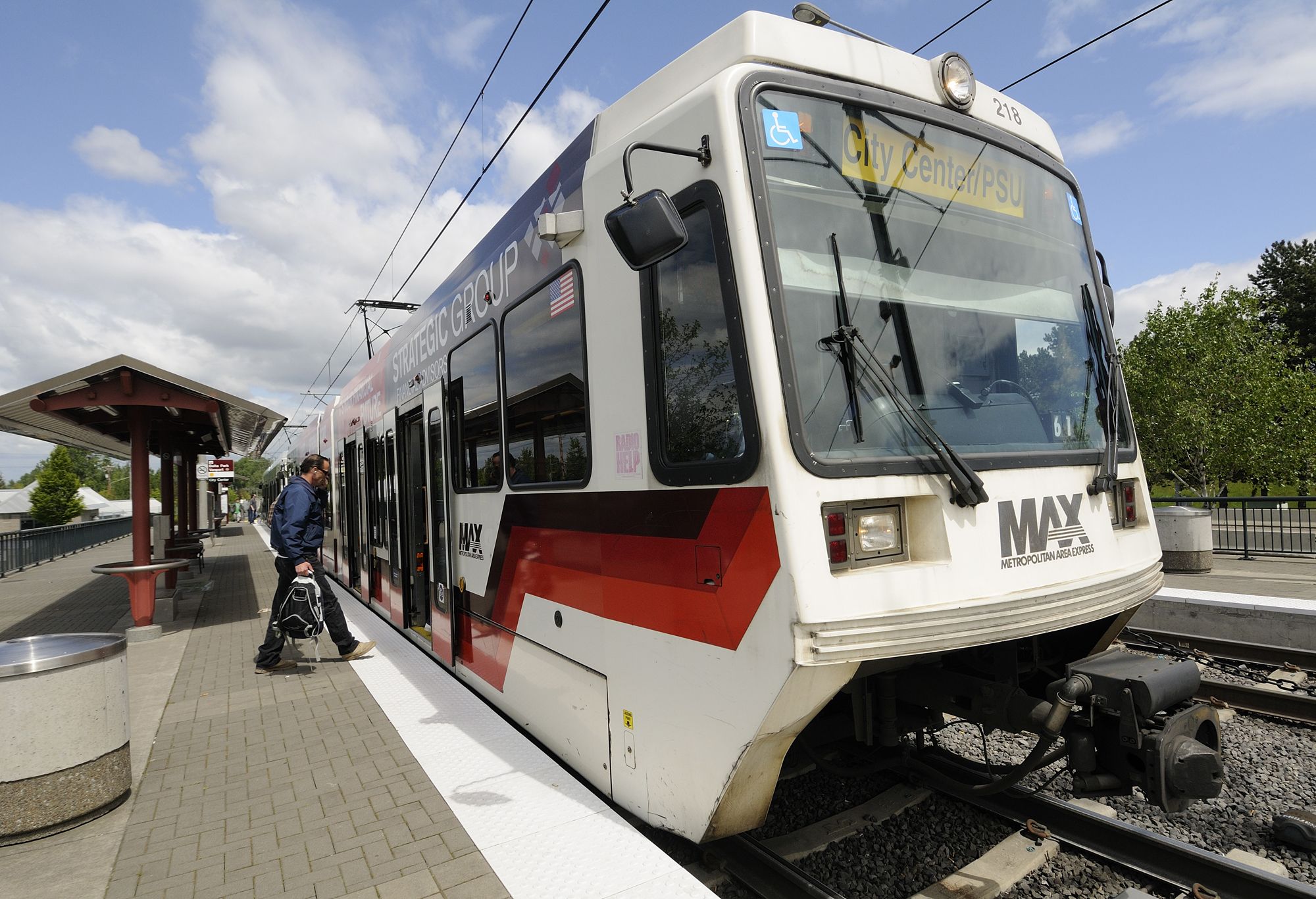More than a month after voters rejected a sales tax increase to help pay for light rail, C-Tran leaders are no closer to deciding what to do next.
Some have vowed to find another way to pay for the high-capacity transit system. But first they’ll have to answer a key question: Does state law require voters to approve it?
The answer, at least for now, seems to depend on whom you ask. And the matter may go all the way to the state Attorney General’s Office before it’s resolved.
“It’s always good to get clarity,” said Clark County Commissioner Steve Stuart, also a C-Tran board member. “To get clarity on this subject will help for us to have a better discussion.”
The conversation has started to play out behind the scenes. A pair of preliminary legal opinions drafted this month came up with different conclusions. But both recommended going higher up for a more definitive answer.
The statute in question is RCW 81.104, a state high-capacity transit law. In this case, it applies to the light rail extension into Vancouver planned as part of the Columbia River Crossing project. It’s also the authority under which C-Tran asked for a tax hike last month.
After the election, Clark County Commissioner-elect David Madore asked the county for an opinion on what the law means for voter approval of light rail funding going forward. The task fell to Bronson Potter, chief
civil deputy in the county Prosecuting Attorney’s office. His short answer: C-Tran is required to seek voter approval for its “high capacity transportation system and finance plan,” but not all individual funding sources.
Earlier this month, C-Tran legal counsel Tom Wolfendale was asked for his opinion. He argued the agency doesn’t necessarily need voter approval, as long as it’s not using one of the revenue sources specifically identified in the law. Those include sales tax, an employer tax and a car rental tax.
Voters shot down a sales tax in November. The measure failed in every city within C-Tran’s district, including Vancouver. The money would have covered the local operations cost of light rail, which must be secured before the $3.5 billion CRC can move forward.
The question of light rail funding is sure to come up when the C-Tran board gathers for a workshop in February. Joining the conversation will be Madore, who’s long been a vocal critic of the CRC. The board will need to move fast if it hopes to line up the local share for light rail in 2013 and keep the CRC on its current schedule.
“This is a discussion we need to have,” said Larry Smith, C-Tran’s board chairman.
Regardless of whether another vote is required by law, C-Tran has already pledged to do just that. When it signed off on CRC plans in 2008, the board’s resolution said “any means chosen” to fund the operation of light rail would go to voters for approval. That remains the board’s policy today.
Avoiding a vote now would require reversing course and changing that policy. Smith said he recognizes such a move would carry political consequences.
“To come back and change something that we’ve already told the public means there’s some loss of respect … I think there’s a danger in that,” Smith said.
Despite the earlier pledge, both Smith and Stuart said it’s too early to say what the board will do in the coming year. At least one group has already offered its own plan for funding light rail, cobbling together several revenue sources.
Of course, not everyone saw last month’s election as a call to rethink paying for light rail. Many CRC opponents saw the vote as a referendum on the project itself, a chance to derail the proposed Interstate 5 Bridge replacement in its current form. Some Washington Republicans, including Madore, have called for a redesign of the project.
Plenty of outside variables will play a role in what happens next, Smith said. Federal taxes, state budgets and economic conditions remain far from certain.
But if the CRC hopes to stay on course, it needs a lot of dominoes to fall into place — including Clark County’s share of the puzzle.
Eric Florip: 360-735-4541; http://twitter.com/col_enviro; eric.florip@columbian.com.




